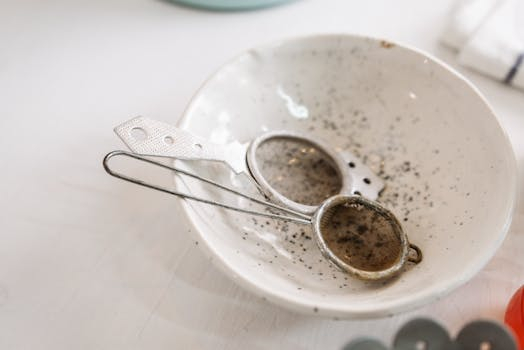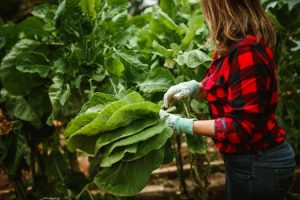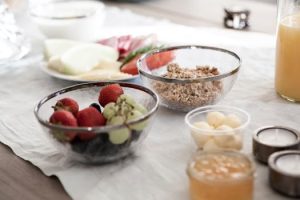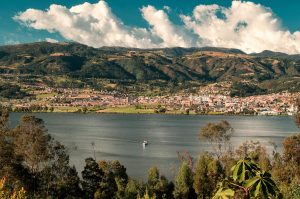Water-Saving Tips for Cooking and Cleaning
Water is a precious resource that is essential for our daily lives. However, with increasing climate change and water scarcity, it is important that we all do our part in conserving water. From cooking to cleaning, there are many ways we can reduce our water usage and still maintain our daily routines. In this article, we will discuss some effective water-saving tips for cooking and cleaning that not only help the environment but also save you money on your water bill.
Cooking
Use the Right-Sized Pot
When cooking, it’s important to use the right-sized pot for the amount of food you are preparing. Using a smaller pot than necessary means less water is needed to cover the food, thus saving water. On the other hand, using a larger pot than necessary will require more water to cover the food, wasting water unnecessarily.
Reuse Cooking Water
Instead of draining the water used for cooking pasta, vegetables, or eggs, consider reusing it. The starchy water from cooking pasta can be used for thickening soups, while the nutrient-rich water from cooking vegetables can be used as a base for stocks and soups. This not only saves water but also adds extra flavor to your dishes.
Defrost Food Naturally
Instead of defrosting frozen food under running water, try defrosting it in the refrigerator overnight. This not only saves water, but it also prevents foodborne illnesses by keeping the food at a safe temperature.
Cleaning
Fix Leaks and Drips
A small leak may not seem like much, but it can add up to gallons of wasted water over time. It’s important to regularly check for leaks and fix them promptly. A dripping faucet can waste up to 20 gallons of water per day! Fixing leaks not only saves water, but it also saves you money on your water bill.
Use a Dishwasher
Contrary to popular belief, using a dishwasher for washing dishes is more water-efficient than washing them by hand. However, make sure to only run the dishwasher when it’s full and use the eco-friendly cycle to further reduce water consumption.
Collect and Reuse Greywater
Greywater, the lightly used water from your bathroom sinks, showers, and laundry, can be collected and reused for cleaning purposes. This water is not safe for drinking but is safe for an array of household cleaning tasks such as flushing toilets, watering plants, and cleaning floors. Collecting greywater can save up to 40% of your indoor water use!
Conclusion
Water is a precious resource, and taking simple steps to conserve it in our daily routines can make a big difference in the long run. By being conscious of our water usage while cooking and cleaning, we can not only save water but also save money and help preserve the environment. So, let’s all do our part and start implementing these water-saving tips in our homes today!










